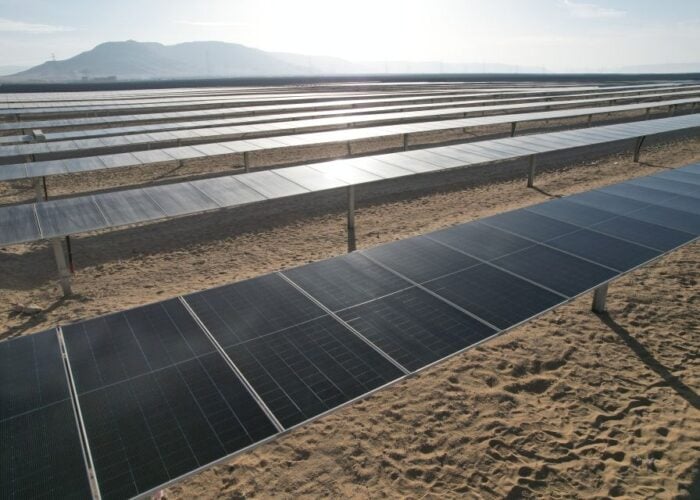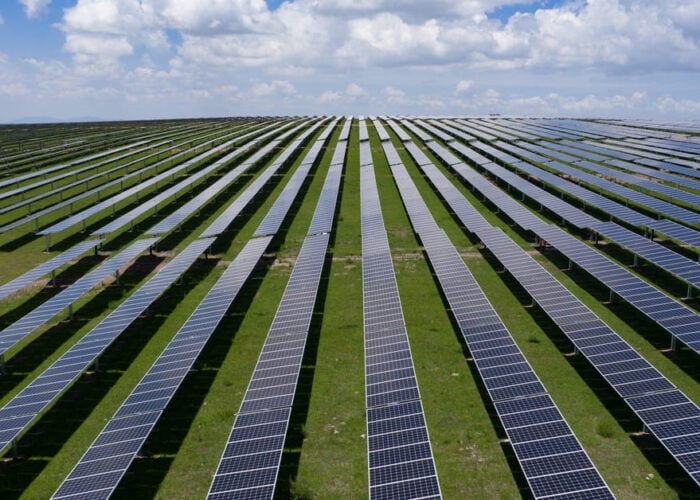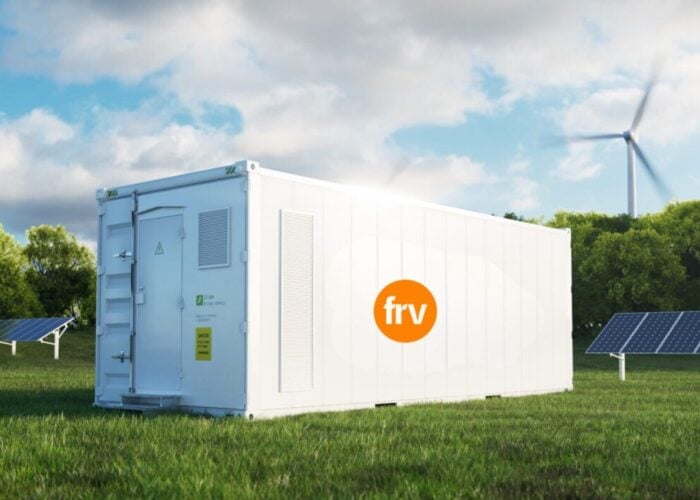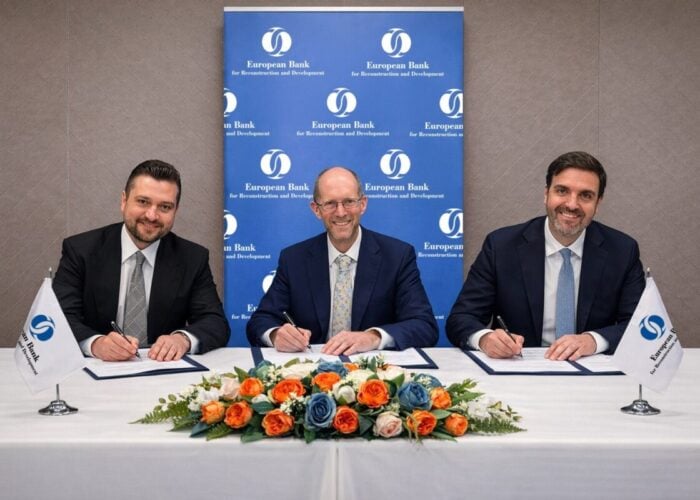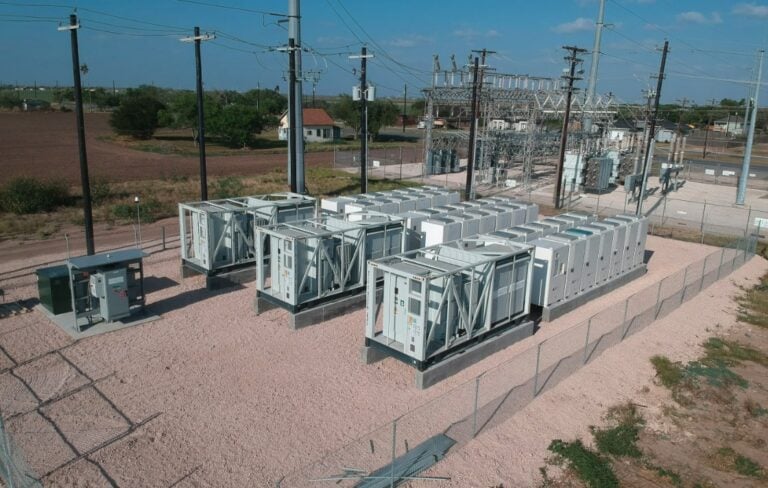
Switzerland-based institutional investment group SUSI Partners has entered a development deal for two large-scale solar-plus-storage hybrid power plants in Chile.
The group, focused on investments in sustainable infrastructure, announced this morning (15 November) that its SUSI Partners Energy Transition Fund (SETF) will develop the plants, in the metropolitan area of Chile’s capital city Santiago, with locally-headquartered developer BIWO.
Try Premium for just $1
- Full premium access for the first month at only $1
- Converts to an annual rate after 30 days unless cancelled
- Cancel anytime during the trial period
Premium Benefits
- Expert industry analysis and interviews
- Digital access to PV Tech Power journal
- Exclusive event discounts
Or get the full Premium subscription right away
Or continue reading this article for free
The hybrid solar PV and battery plants in Chile will have a combined PV generation capacity of 232MWp while the pair will feature “up to” 900MWh of battery energy storage system (BESS) resources across the two sites.
Construction is due to begin in 2025, and the development agreement continues a working relationship between SUSI Partners and BIWO that has seen the Swiss fund manager and the developer secure financing for a portfolio of distributed solar assets. That deal marked SUSI’s entry into the Latin American market.
BIWO’s leadership team has put 4,000MW of wind, solar and storage assets into operation globally, about a quarter of which is in Chile. The company’s website claims it has just over 800MW of projects currently in development, listed as 594MW of solar PV, 117MW of wind projects and 100MW of battery storage.
As with the projects included in that prior deal between the pair, the newly announced power plants are located close to electricity demand centres and offer better conditions for brokering off-take deals, as well as being at reduced risk of curtailment.
That risk of curtailment is certainly real in Chile – a national renewable energy association, ACERA, found earlier this year that 735GWh of renewable energy generation was curtailed from injecting power to the grid during the first five months of 2023.
It has been among factors creating a rapidly emerging market for energy storage in the country, with solar PV developers in particular seeking to add BESS to their assets. As reported by Energy-Storage.news, more than 2GWh of such projects were proposed or announced in September alone.
To read the full version of this story, visit Energy-Storage.news.


